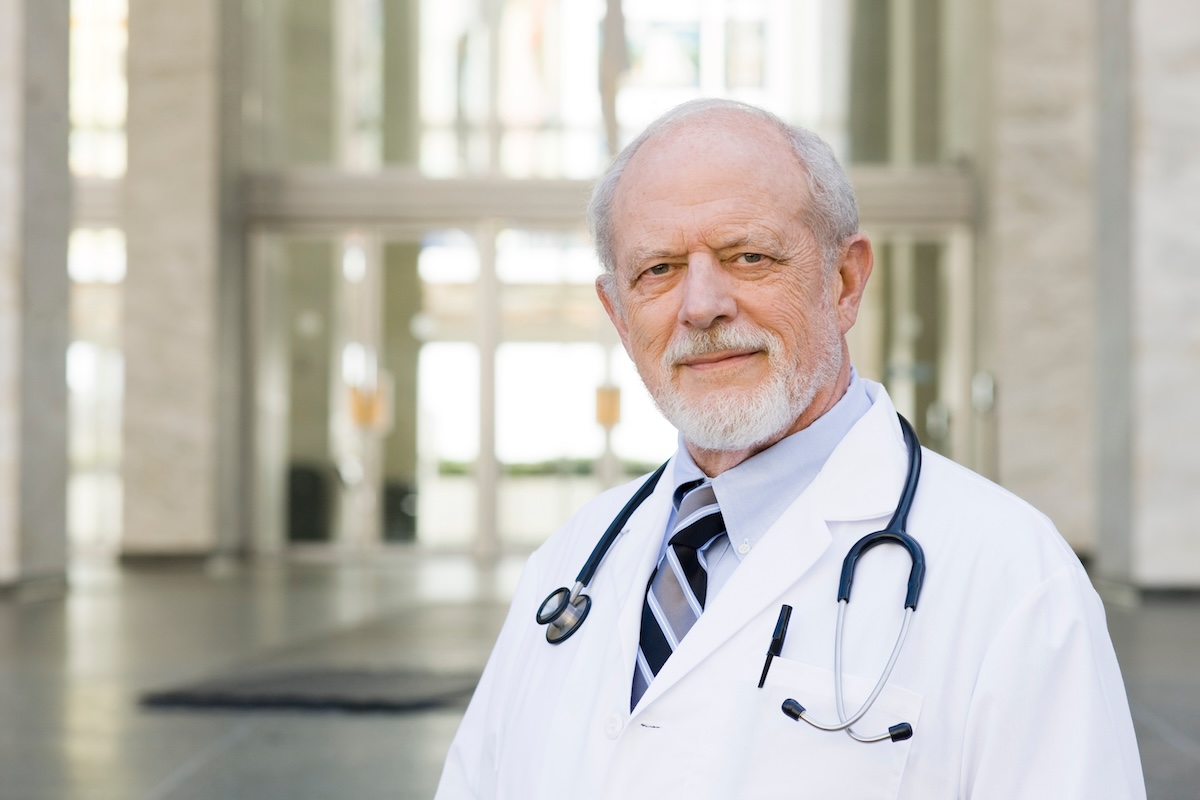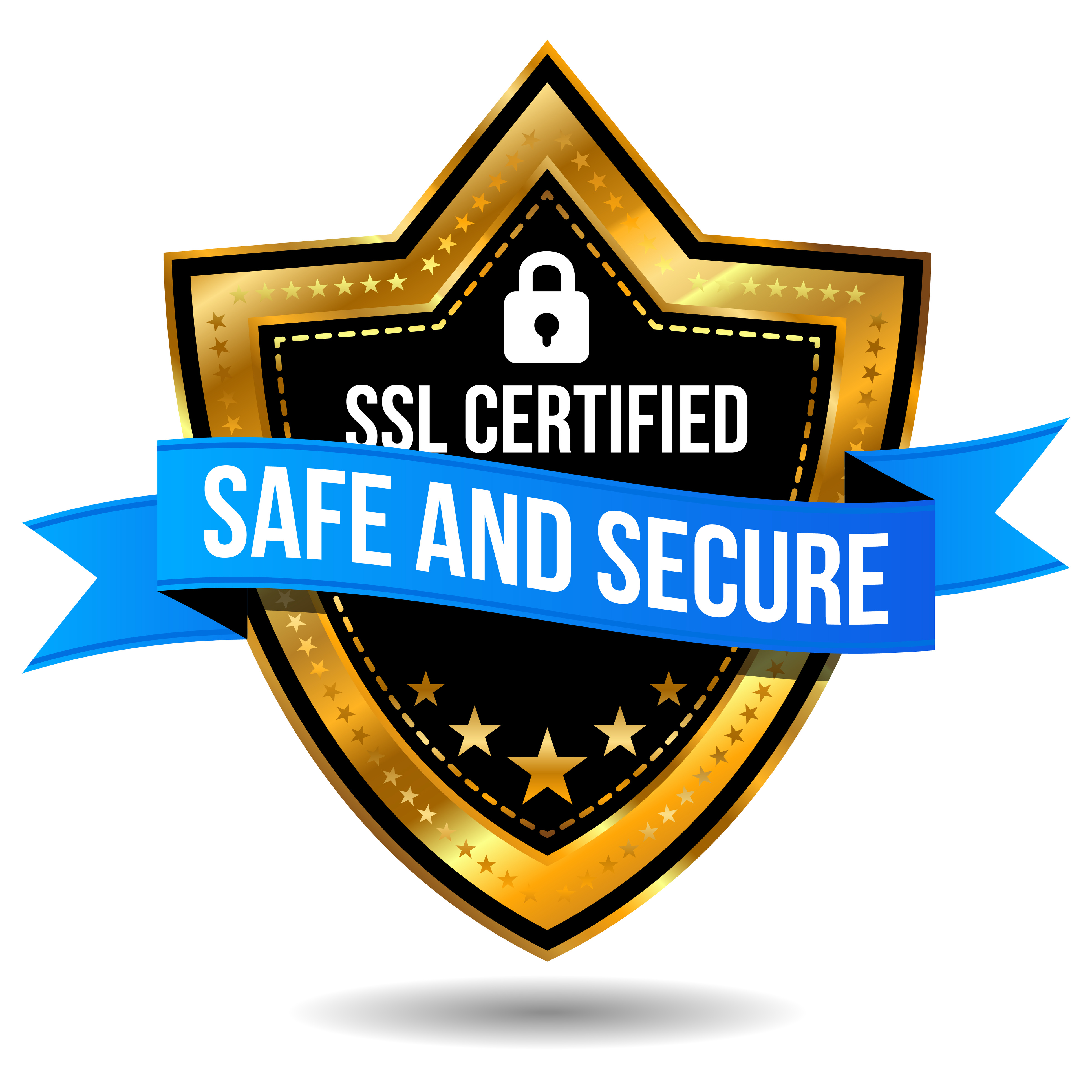in Medicine
or Other Health Sciences
Professor Information

Krueger University Medical Scholars Program
Instructions for ‘Professors’
Welcome to the Krueger ‘University’ Medical Scholars Program. Thank you for your interest in participating in this important program that will provide memorable experiences for high school students. For most of them, this will be their first encounter with the field of Medicine “behind the scenes.”
These students have already expressed interest in the health sciences and have taken courses in anatomy and physiology. They have undergone some limited orientation and training regarding patient privacy, sterile technique and medical professionalism. They are ready now to learn what a career in medicine is really like.
Then go to the Medical Scholars Calendar and see what’s on the schedule. Click on the upcoming appointments and find one that doesn’t have a Professor yet and one that is in the same specialty that you were in. Make sure that the Description area does not have a “No Professor” indication. Then type your name in the Description area to assign yourself as the Professor. Also while you're in the Calendar, find the Contact List button in the upper left corner of the calendar, click on that and enter your contact information in the spreadsheet in the category named 'Professor'.
Your role as the ‘Professor’ is to meet with the students at the destination they have chosen. Try to get to the appointment 10 minutes early so you can meet the staff and the doctor and so you will be there when the students arrive. You will be their host for this experience. They will need some orientation about the staff and what roles they play, about patient flow, and about patient-centric care. Privacy, professionalism and bedside manner should be discussed and emphasized. Encourage questions. Teach them how to interact with patients respectfully and with concern and empathy. Teach them about the art of medicine as well as the science.
The experience should be enjoyable for you, for the students, the patients, the staff, and for the doctor they are shadowing. Help them understand what’s going on and why. Don’t let the students linger with nothing to do.
At the end of the session, give them assignments to look up something about each patient they saw and the illnesses they had. They won’t be tested on it, but they may want to get in the habit of doing that as part of their learning process.
Again, thank you so much for your participation in this very worthwhile program. The students that you teach and influence today will continue to spread your knowledge, wisdom and medical philosophy well into the future.
If you have any questions, please call Dr. Warth at 757-816-8399.

